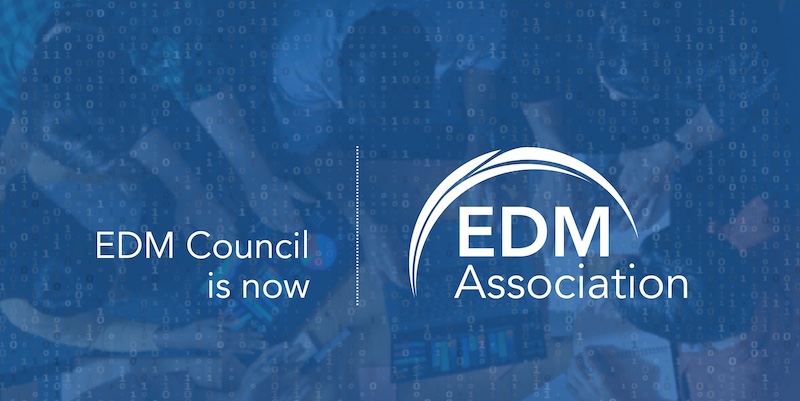- Membership
- Frameworks
-
Training
eLearning
Learn online at your own pace with a robust curriculum of courses and certification opportunities.
Corporate eLearning Packages
We offer savings on packages of online courses to help you get the most out of your training program.
Certification Programs
Pursue mastery of data management and analytics and earn respected professional credentials.
Classes for your Company
We offer dedicated classes tailored to meet the learning needs of your organization.
- Engage
- Innovation
-
About
EDM Association Overview
Discover how we serve the data management and analytics profession.
Our Members
We are proud to call hundreds of organizations cross-industry and around the world our members.
Our Partners
We appreciate the relationships we have with companies that help support our members.






